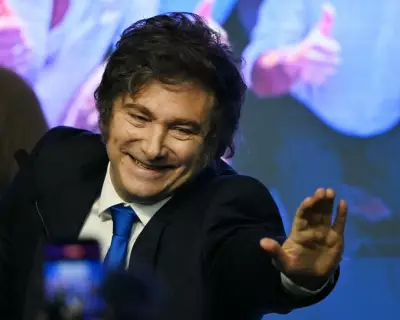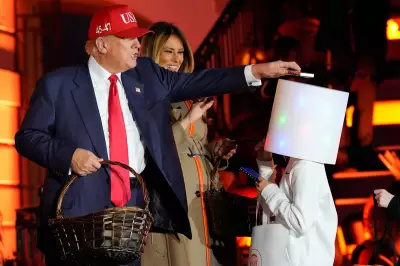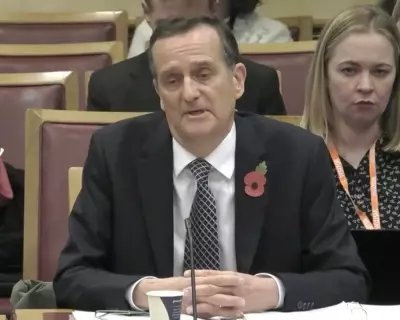
Europe stands at a political crossroads tonight as the Netherlands elects its first far-right government, sending shockwaves through Brussels and beyond. In a stunning electoral upset, Geert Wilders' Freedom Party (PVV) has emerged victorious, fundamentally altering Europe's political calculus.
Dutch Political Earthquake
The election results reveal a nation deeply divided, with Wilders' anti-immigration, Eurosceptic platform resonating with voters weary of establishment politics. After marathon negotiations spanning 223 days since the previous government collapsed, Dutch voters have delivered a verdict that will echo through European capitals.
The implications for EU unity are profound, coming at a time when continental solidarity faces its greatest test since the Cold War. European leaders are watching anxiously as one of the bloc's founding members takes a sharp nationalist turn.
Ukraine's Secret Missile Crisis
Meanwhile, on Ukraine's eastern frontlines, a disturbing new threat has emerged. Russian forces have secretly deployed advanced missile systems capable of striking deep behind Ukrainian defences, according to military intelligence sources.
These clandestine deployments represent a significant escalation in Moscow's campaign to overwhelm Ukrainian air defences. The new systems threaten to undermine Kyiv's ability to protect critical infrastructure and civilian areas from sustained bombardment.
European Security at a Crossroads
The twin developments create a perfect storm for European security policy. As the Netherlands shifts politically, questions mount about its future commitment to collective defence initiatives and support for Ukraine.
- Will a Wilders-led government maintain Dutch military support for Kyiv?
- How will this affect EU consensus on Russia sanctions?
- What does this mean for NATO's eastern flank security?
Defence analysts warn that the convergence of political instability in Western Europe with escalating military threats in the East creates unprecedented challenges for transatlantic security architecture.
International Response
World leaders are carefully calibrating their reactions to the Dutch results. While official statements emphasise respect for democratic processes, behind closed doors there's growing concern about the erosion of European unity.
The election outcome coincides with renewed Russian offensive operations in Donetsk and Luhansk, where Ukrainian forces report intensified ground assaults supported by the newly deployed missile systems.
As dawn breaks over Europe, the continent faces its most significant geopolitical realignment in decades. The Dutch have spoken, and their message will reshape Europe's future in ways we're only beginning to understand.





